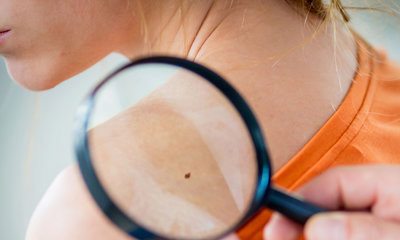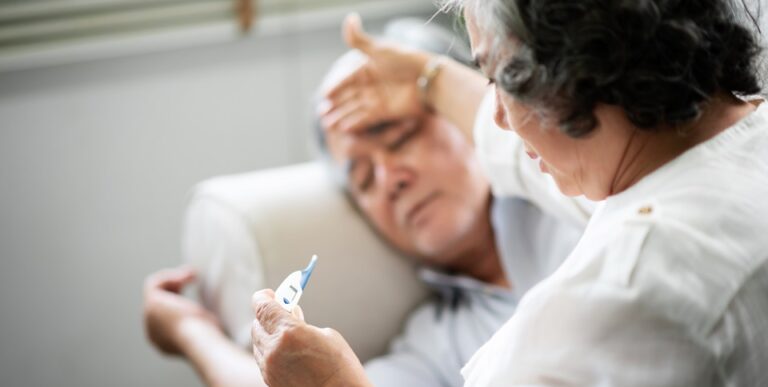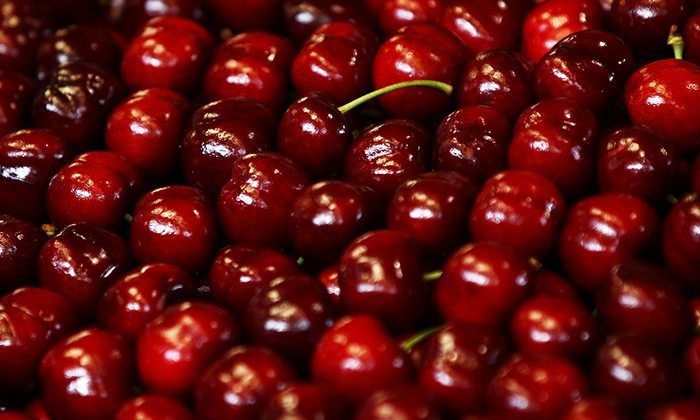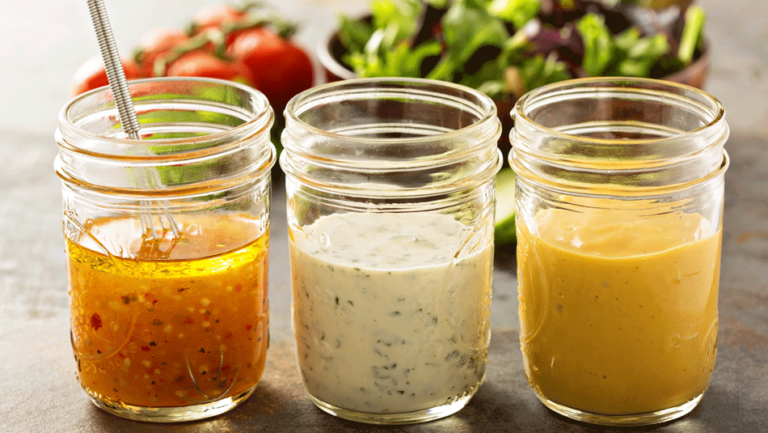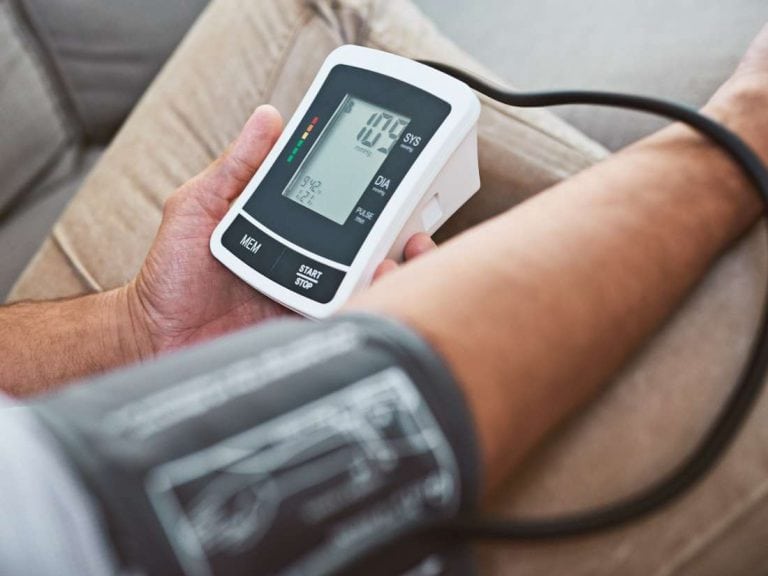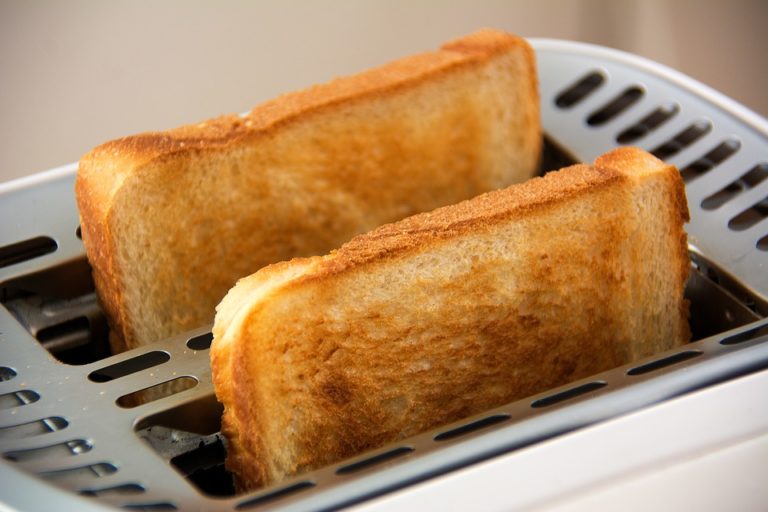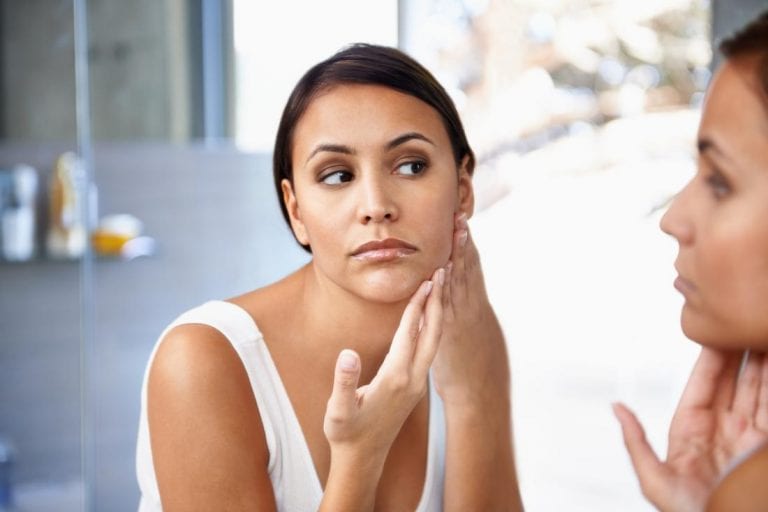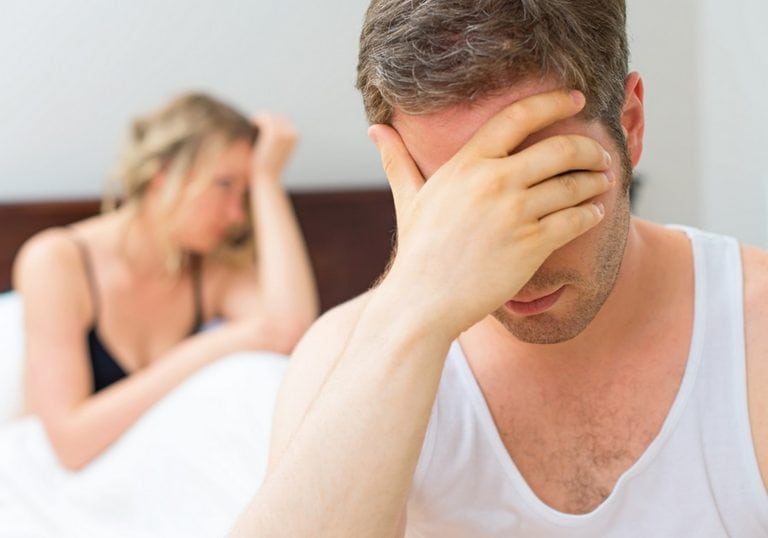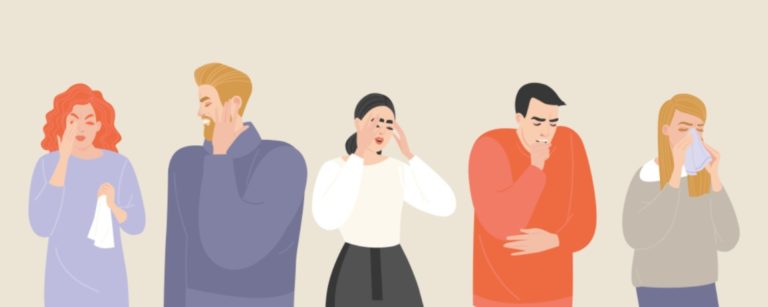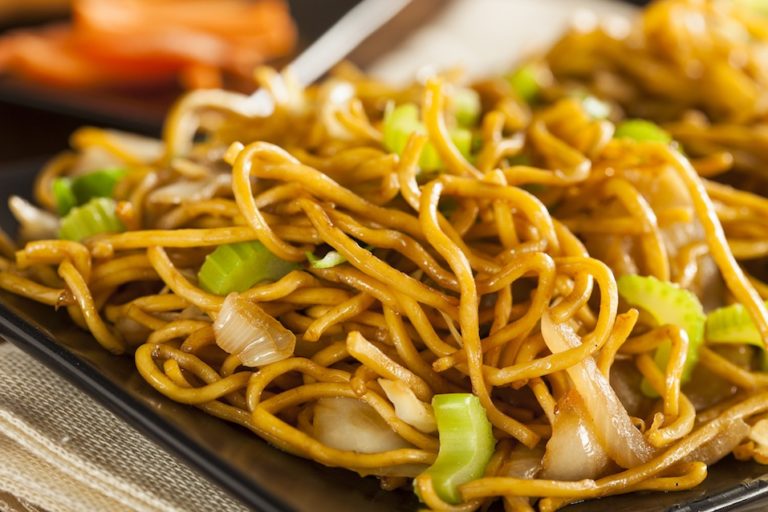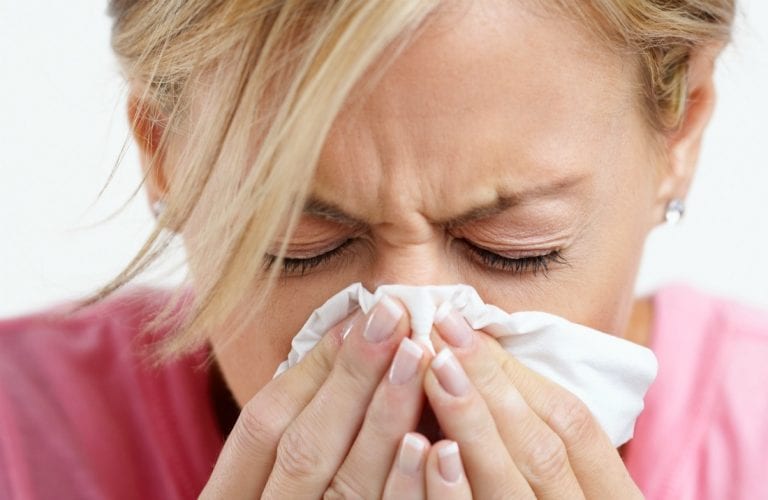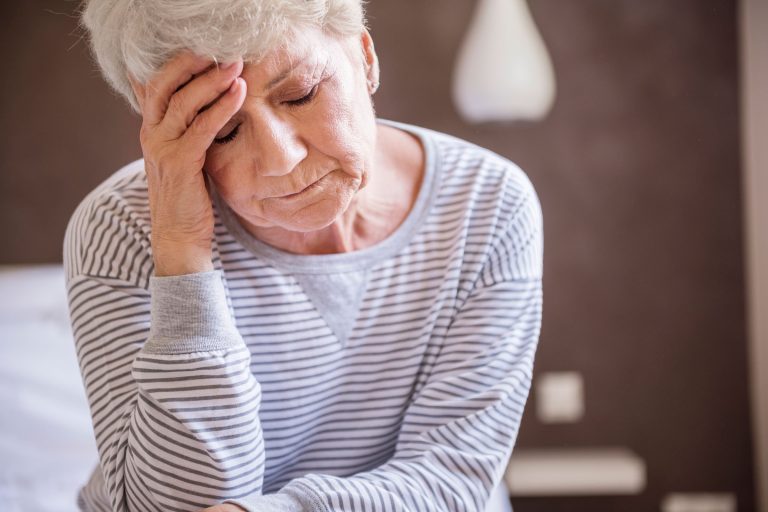“The types of alopecia we’re seeing are different than what we were seeing 20 years ago because of the different types of processing that people are doing now,” says Roopal V. Kundu, MD, Associate Professor of Dermatology at Northwestern University’s Feinberg School of Medicine, “Whereas in the 70’s and the early 80’s the hairstyles were more natural, these days there’s a lot more crunched out styles in terms of perms and putting heat in the hair and keeping it straight, and a lot of tension.”
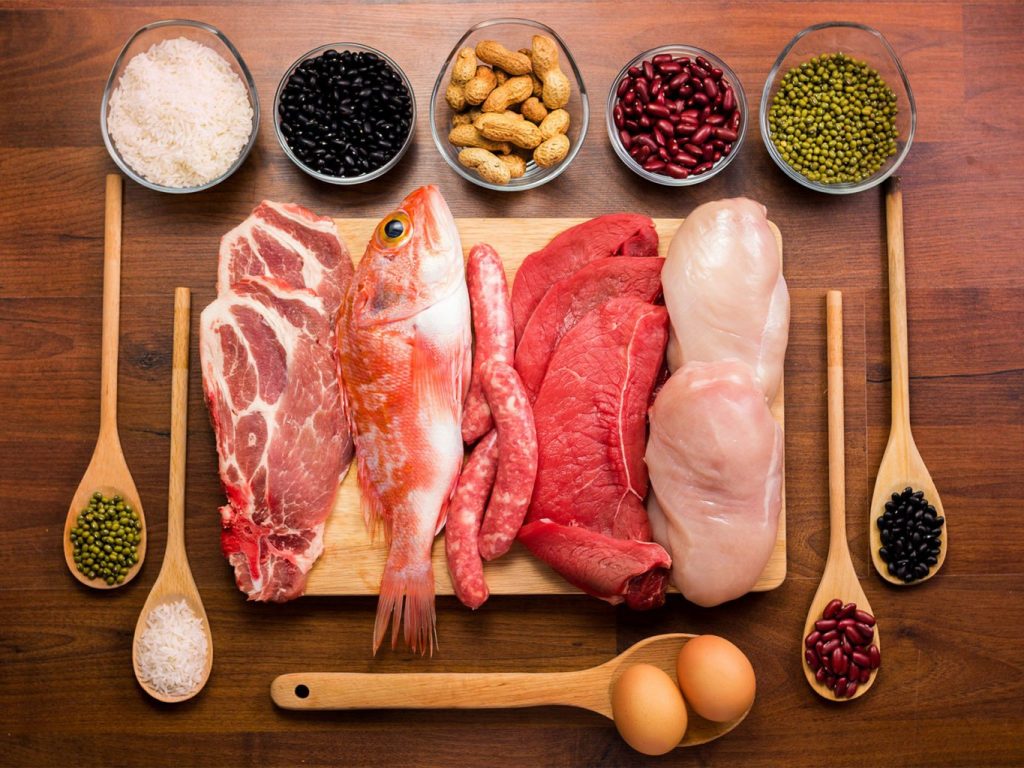
Eat enough protein
The basic early advice is make sure you’re looking at your diet, make sure you’re getting enough iron, make sure you’re not anemic, make sure you have enough protein in your diet. Iron and protein are really important for hair health. We always try to make sure people get adequate protein for whatever they’re lifestyle is: If they’re sedentary, they don’t need as much. If they’re active, they need more.
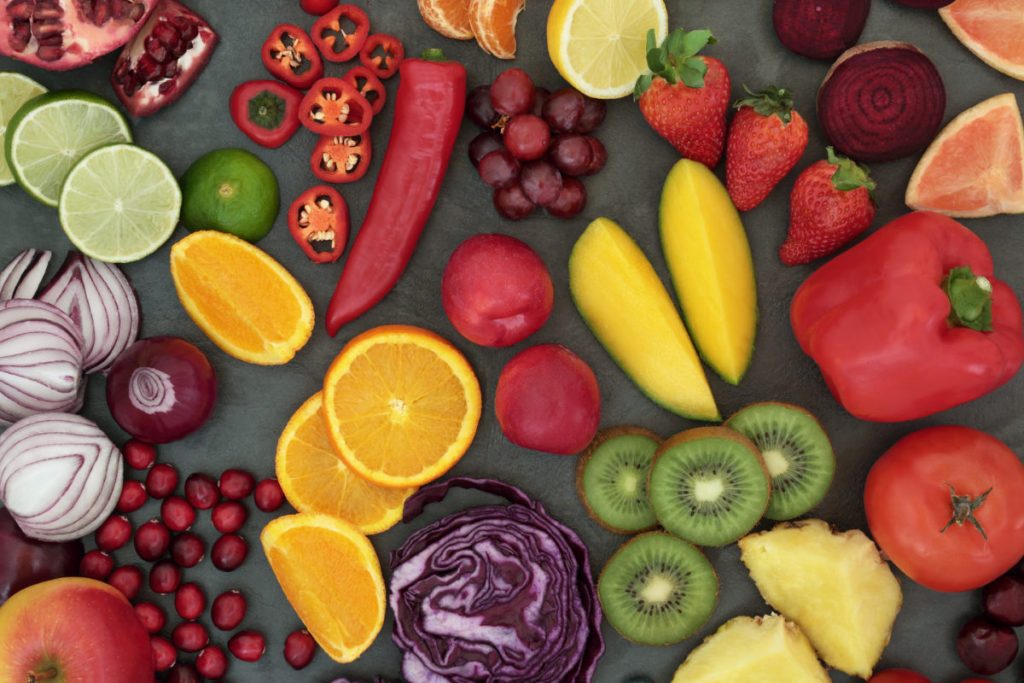
Get your vitamin levels checked and take supplements if need be
Iron levels are important for hair health. Women often develop iron-deficiency anemia because they aren’t getting enough iron. Iron-deficiency anemia can also develop due to normal monthly menstrual blood loss. There are some generic vitamins that we recommend: Vitamin D, omega, fish oils, a generic multivitamin with iron. Biotin is great in terms of hair strength and preventing breakage.

Invest in silicone
There’s no magic product or ingredient, but if you want to add a little more protection you can use silicone -based products. Silicone basically coats the hair, which adds a little more protection once you do any kind of stress to the hair. Check a product’s list of ingredients and make sure silicone is high up on the list. Look for silicone or dimethicone, a silicone derivatives. Anti-frizz products usually have a silicone type of derivative. You can also try a leave-in conditioner, which also coats the hair.
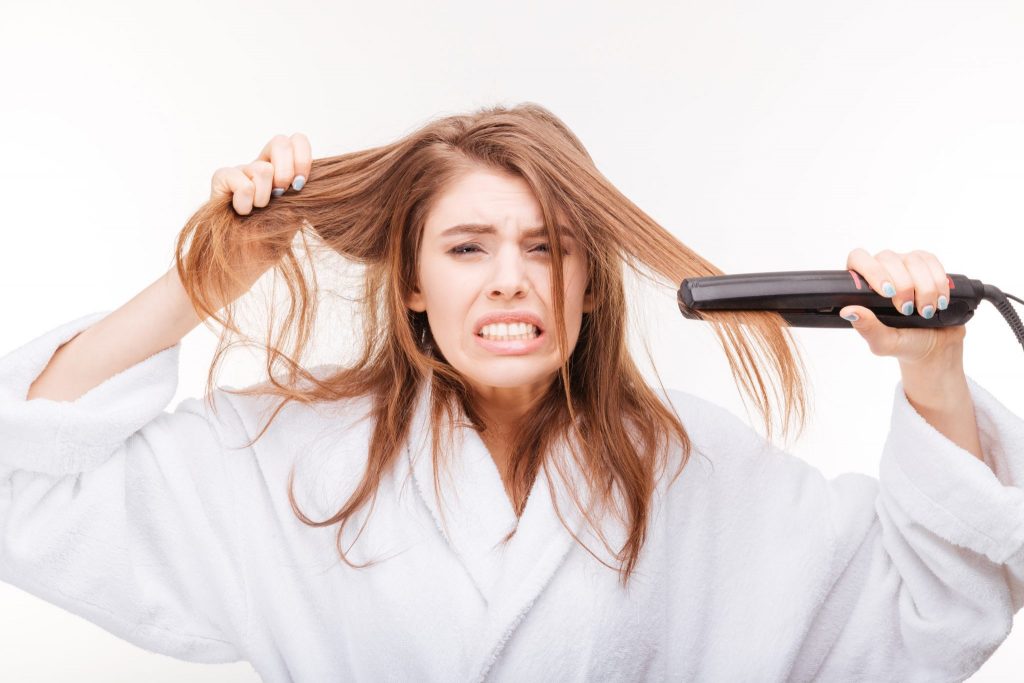
Be careful when styling at home
The problem with people treating hair at home is no one else is looking. Often people will come in who have damage to their scalp that they didn’t notice was there. Specific practices that can be problematic include straightening, processing, hair coloring, and heat. If you do those things at home, try to modify your hair care habits. So, try not to put heat on more than once a week, reduce the frequency of flat iron use, blow dry at a lower setting. It’s about frequency and amount.
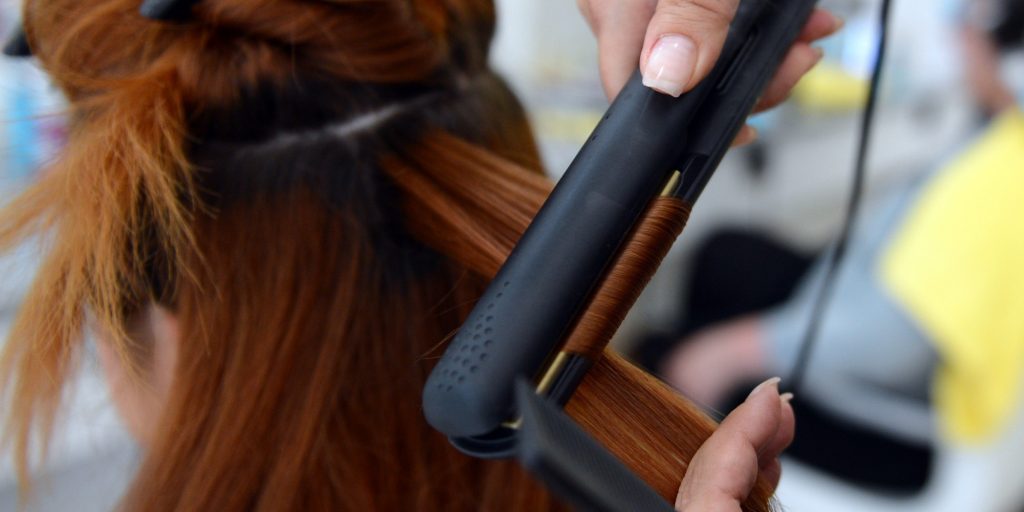
Never flat iron wet hair
Wet hair is more vulnerable to breakage. Either air dry or blow dry out soft, with a low setting, and then put the flat iron on. You shouldn’t put a flat iron on wet hair.
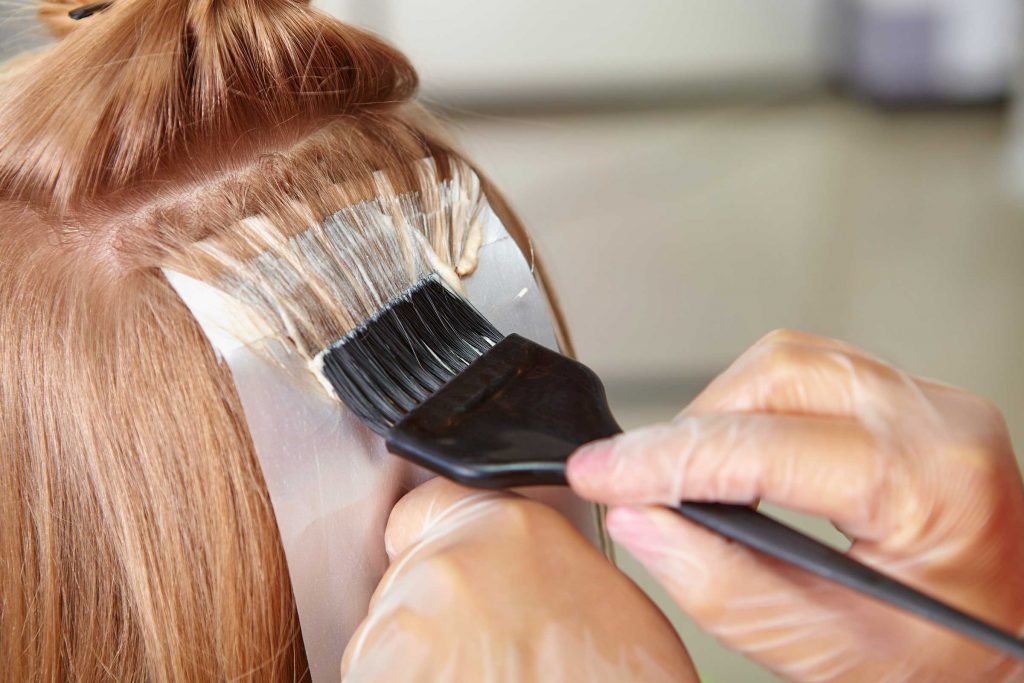
Do not leave products in for longer than advised
Some people think products will be more effective if they leave them in longer than they should. They’ll be like, ‘Oh it’s tingling. That’s great. It must be working really well.’ That’s when damage can happen.
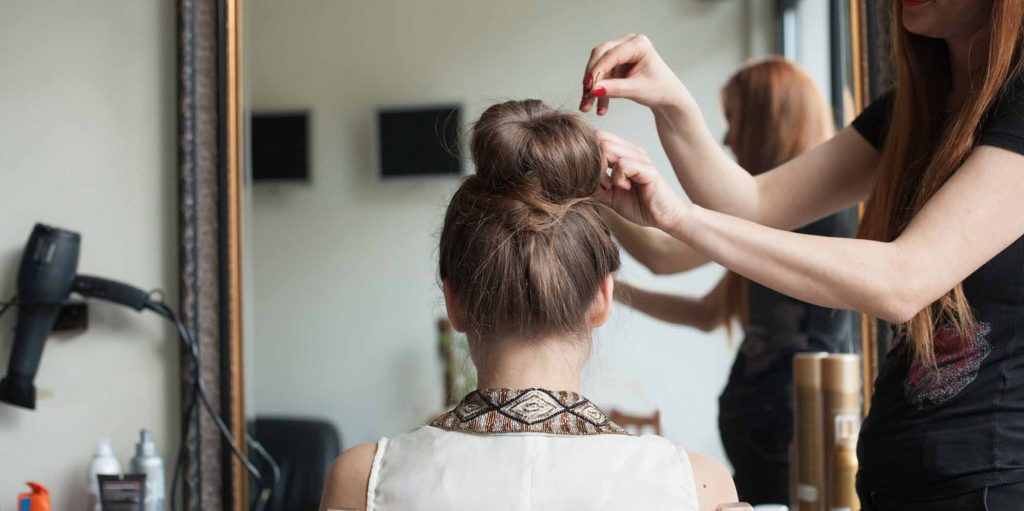
If you feel pain while you’re at the salon, it’s time to find a new stylist
Hair styling shouldn’t hurt. Any kind of scalp discomfort is abnormal. That’s a very basic thing. A lot of people will come in and say, “It burned after a couple minutes of leaving it on, and then they came and washed it off.” Any form of sensation can be a sign that the scalp is being damaged. If you suffer any kind of discomfort while you’re at the salon, stop seeing that stylist. If you experience any burning, stinging, tingling, any kind of pain on their scalp after the styling is done, or during the process of it, you shouldn’t go back.
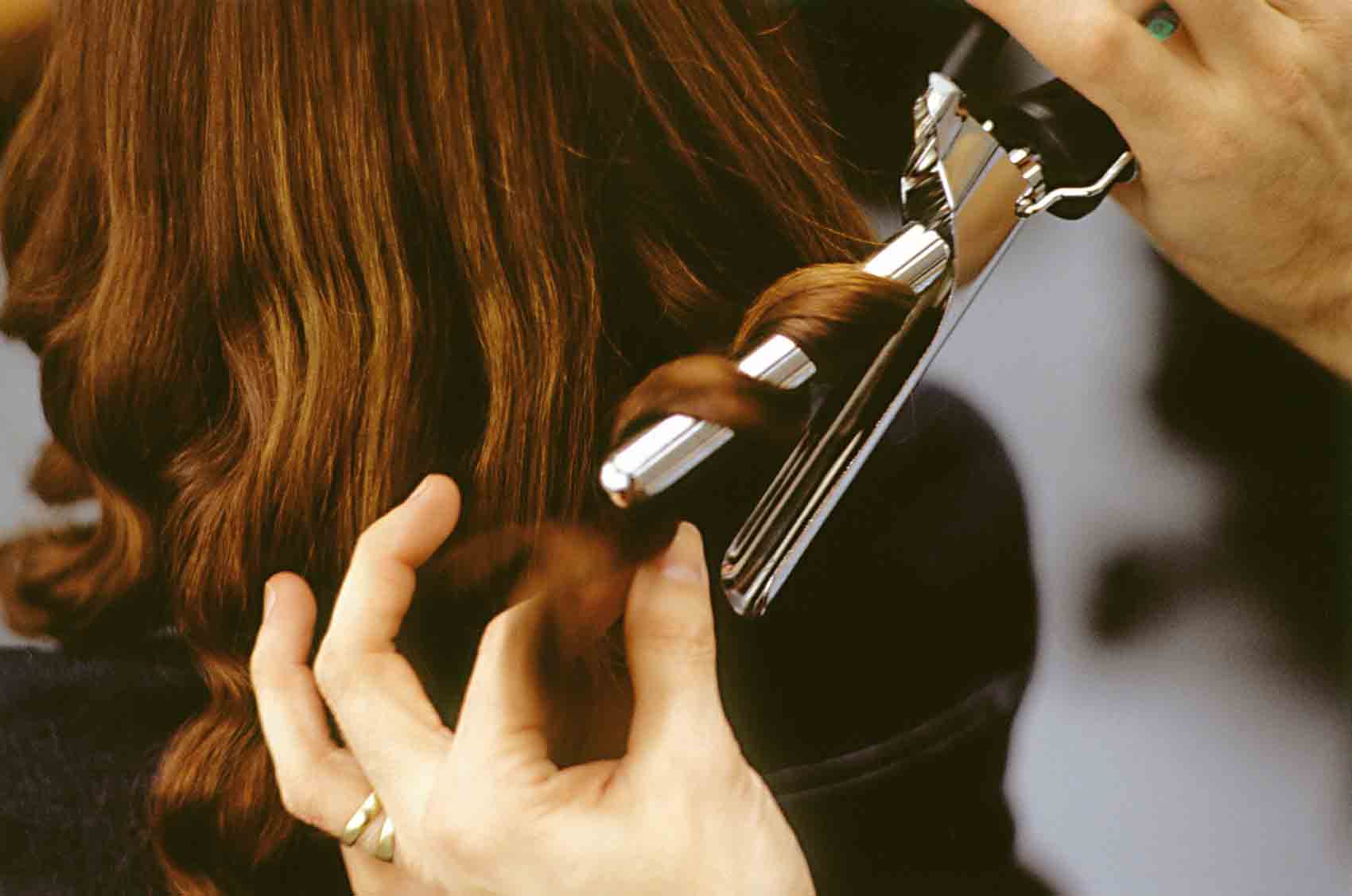
Opt for looser hairstyles
Hair styling can cause problems in terms of alopecia. When braids or weaves are too tight, they hurt. Pain means it’s too tight, it’s pulling too hard. There’s too much tension. Try to keep ponytails and braids loose, not as tight, to reduce the amount of tension on the scalp.




